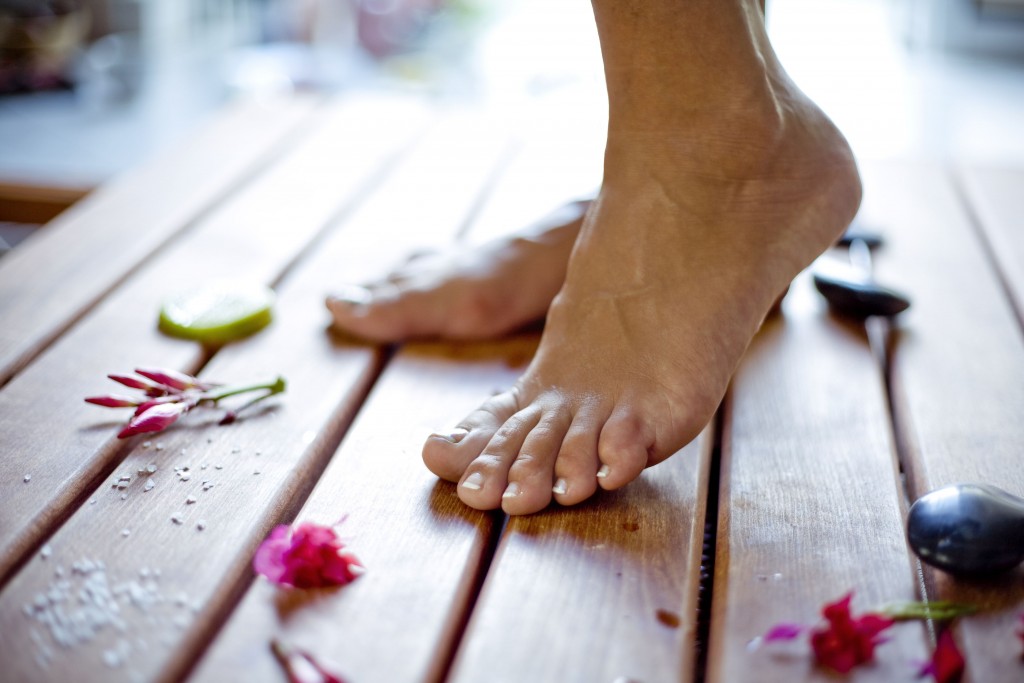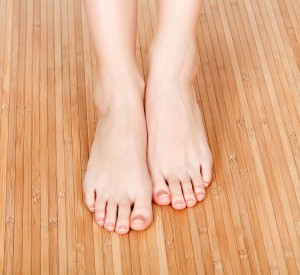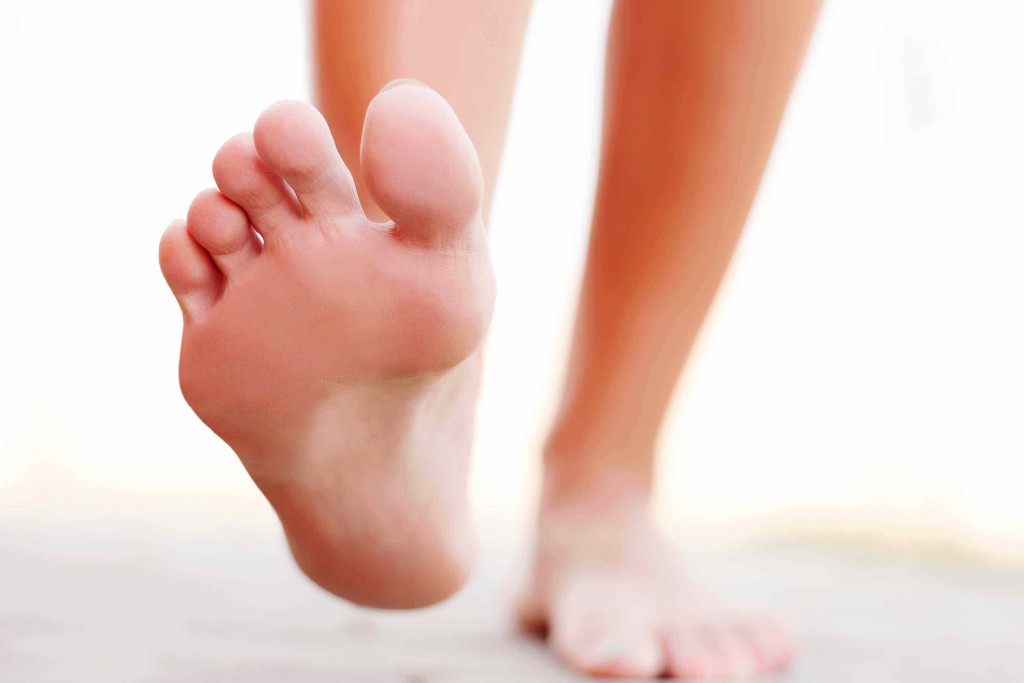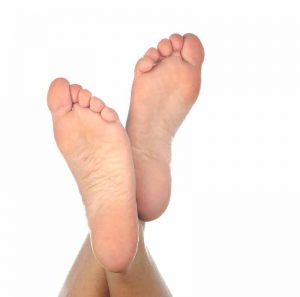Medically Reviewed by Dr. Rachel N. Verville
December 29, 2016
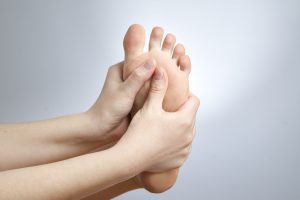 Every year, many Frisco patients see Dr. Verville of RNV Podiatry for hammertoes. Hammertoes are a toe deformity that can be caused by a host of genetic or environmental conditions. With hammertoes, which typically affects the second, third, fourth or fifth toes, there is a bend at the second joint of your toe, making your toe appear like a hammer or a claw. Hammertoes can be a painful condition. And, if your toes remain in the hammertoe position for an extended period of time, say, due to wearing tight shoes, the tendons in the toe can tighten and shorten, causing the toe to remain in the hammertoe position even when barefoot. If you have hammertoes, you will require the intervention of a podiatrist like Frisco area Dr. Verville to help correct the toe deformity.
Every year, many Frisco patients see Dr. Verville of RNV Podiatry for hammertoes. Hammertoes are a toe deformity that can be caused by a host of genetic or environmental conditions. With hammertoes, which typically affects the second, third, fourth or fifth toes, there is a bend at the second joint of your toe, making your toe appear like a hammer or a claw. Hammertoes can be a painful condition. And, if your toes remain in the hammertoe position for an extended period of time, say, due to wearing tight shoes, the tendons in the toe can tighten and shorten, causing the toe to remain in the hammertoe position even when barefoot. If you have hammertoes, you will require the intervention of a podiatrist like Frisco area Dr. Verville to help correct the toe deformity.
What Are the Causes of Hammertoes?
Hammertoes can be caused by a variety of genetic or environmental conditions, including:
- Birth defects: While rare, hammertoes may be present at birth;
- Family history: If you have a family history of hammertoe, it’s possible you’ll develop the condition in your lifetime;
- Arthritis: This painful joint condition can also cause hammertoe;
- Wearing Ill-Fitting Shoes: If you wear shoes that are tight, have pointed toes are too small or hurt your feet, they can cause hammertoes over time; and
- Untreated bunions: If you have untreated bunions, especially on your big toe, the extra pressure from the bunion can cause hammertoe in your second toe.
How Can You Prevent Hammertoes?
Since some cases of hammertoes are caused by genetic or uncontrollable medical conditions, there is nothing you can do to prevent them. But hammertoes caused by environmental factors – especially ill-fitting shoes and untreated bunions, can be prevented. To prevent hammertoes, Dr. Verville recommends that you never wear tight shoes, high heels that put your toes in an awkward position, or shoes that are too pointy. Instead, Dr. Verville recommends that you go to a Frisco area shoe store and ask a knowledgeable sales rep for help measuring your foot and finding, well-fitting, supportive shoes that give space around your toes so that they are not crowded or misaligned.
If you have bunions on your toes, Dr. Verville recommends that you treat them to prevent hammertoes. Some bunions can be easily treated with over-the-counter pads or cushions. Other bunions are so severe that they require surgical intervention. Only an examination by a foot doctor like Frisco podiatrist, Dr. Verville can confirm whether your bunion can be treated by over-the-counter solutions or surgery.
How Are Hammertoes Treated?
There are a variety of ways that hammertoes can be treated so that you toe falls back into a normal, natural position. These treatments include:
- Splinting the affected toes to straighten them out and elongate the tendon;
- Using over-the-counter solutions like straps or pads to make the hammertoes more comfortable;
- Physical therapy;
- Treating bunions;
- Wearing comfortable, properly fitting shoes; and
- In severe cases, surgery.
What Should I Do if I Think I Have Hammertoes?
If you think you have hammertoes, the best thing for you to do is be evaluated by Frisco area podiatrist Dr. Verville of RNV Podiatry. Contact her today for a full examination by calling (214) 385-8822.




